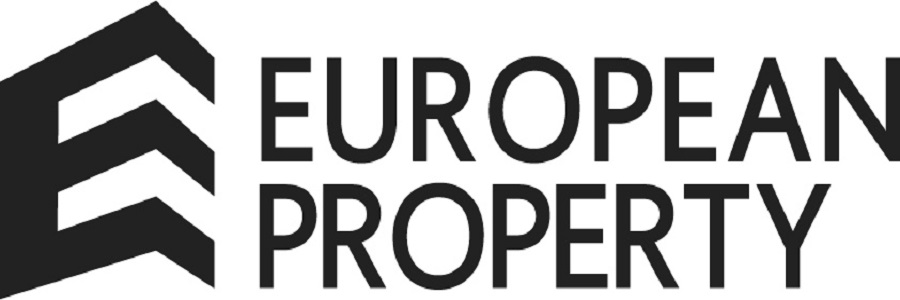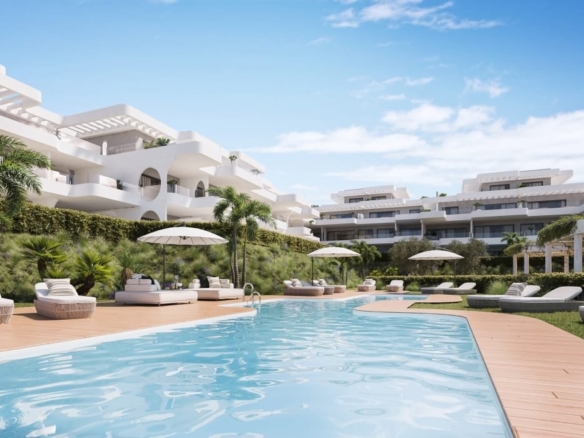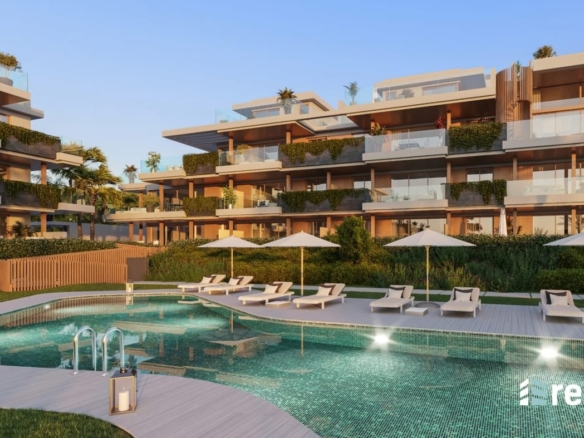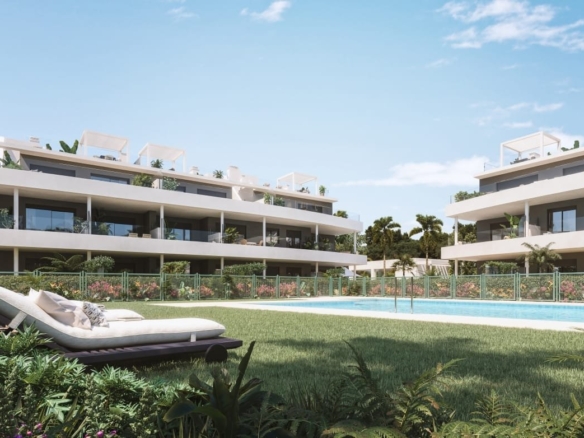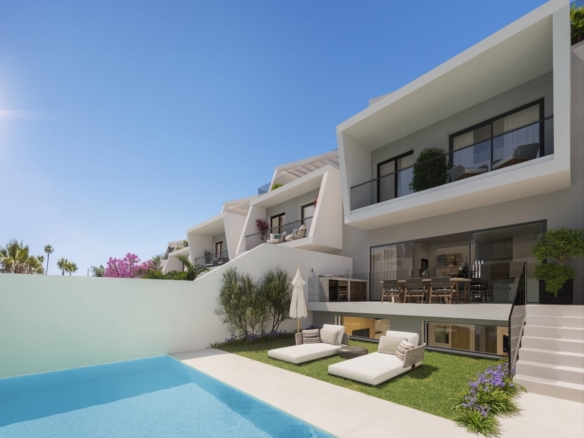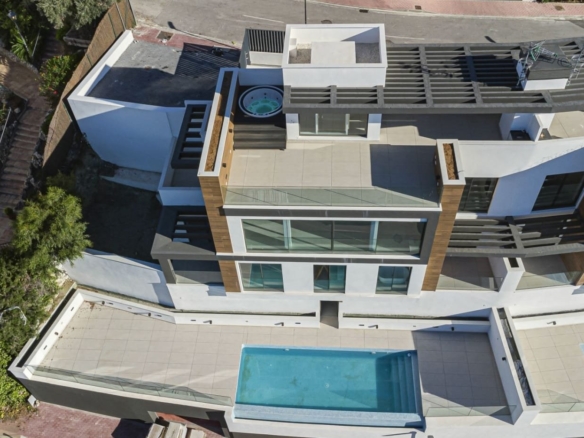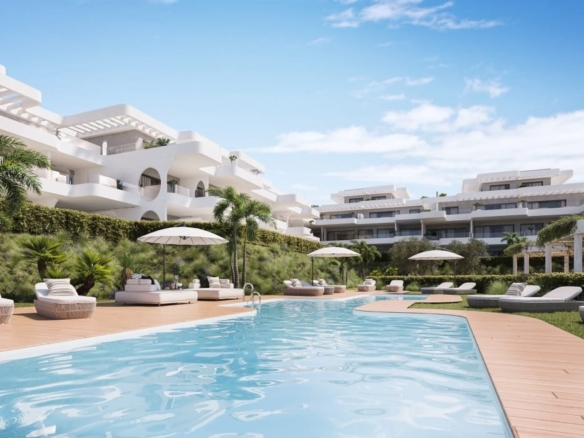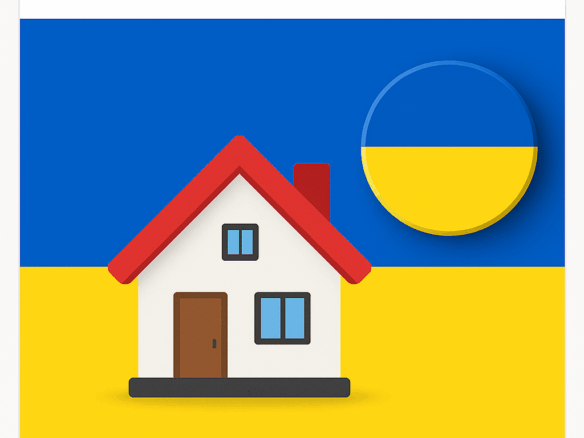For discerning international investors and seasoned property professionals, the allure of luxury homes for sale in Spain transcends fleeting market trends. It represents a sophisticated fusion of high-yield lifestyle returns and robust asset security, cementing Spain’s status as a cornerstone for premier European property portfolios.
Why Spain Remains a Top Choice for Luxury Property
Spain’s magnetic pull on high-net-worth individuals extends far beyond its celebrated sunshine and breathtaking coastlines. While the idyllic climate is an undeniable draw, the country’s true value for luxury buyers lies in a potent mix of modern infrastructure, a stable and mature property market, and a quality of life that is simply second to none.
You are not merely buying a property; you are acquiring a stake in a lifestyle coveted worldwide.
This enduring appeal is built on tangible, confidence-inspiring factors. Spain offers a secure political and economic environment within the European Union, providing investors with the peace of mind essential for significant capital investments. Furthermore, its world-class transport links, including major international airports and high-speed rail networks, guarantee seamless connectivity for global citizens.
As Nick Marr, founder of EuropeanProperty.com, puts it, “Investors are increasingly looking for more than just a beautiful home. They seek a complete experience—security, culture, and connectivity. Spain delivers on all these fronts, which is why it consistently outperforms many other luxury destinations.”
The Key Drivers of Spanish Luxury Real Estate
The decision to invest in luxury homes for sale in Spain is typically driven by a unique synthesis of lifestyle aspirations and astute financial planning. These properties are not just residences; they are gateways to exclusive experiences and sound long-term assets.
Here are the key factors that continuously attract affluent buyers:
- Exceptional Lifestyle Quality: From Michelin-starred dining and exclusive beach clubs to world-class golf courses and international polo tournaments, Spain offers a lifestyle of exceptional quality and variety.
- A Robust and Mature Market: The Spanish luxury market has demonstrated remarkable resilience and stability over the years. It provides a secure environment for long-term investment, particularly when compared to more volatile emerging markets.
- Cultural Richness and Diversity: Buyers can choose between the vibrant, cosmopolitan energy of Barcelona, the glamorous coastal allure of Marbella, or the tranquil seclusion of a historic finca in the Balearics. There is a perfect match for every discerning taste.
- Strong Potential for Returns: Beyond personal enjoyment, these properties represent a solid investment. The consistent demand for luxury homes for sale in Spain ensures strong potential for both capital appreciation and rental yields.
This guide will navigate you through the top regions, the buying process, and the financial intricacies of securing your own piece of Spanish paradise.
Discovering Spain’s Premier Luxury Hotspots
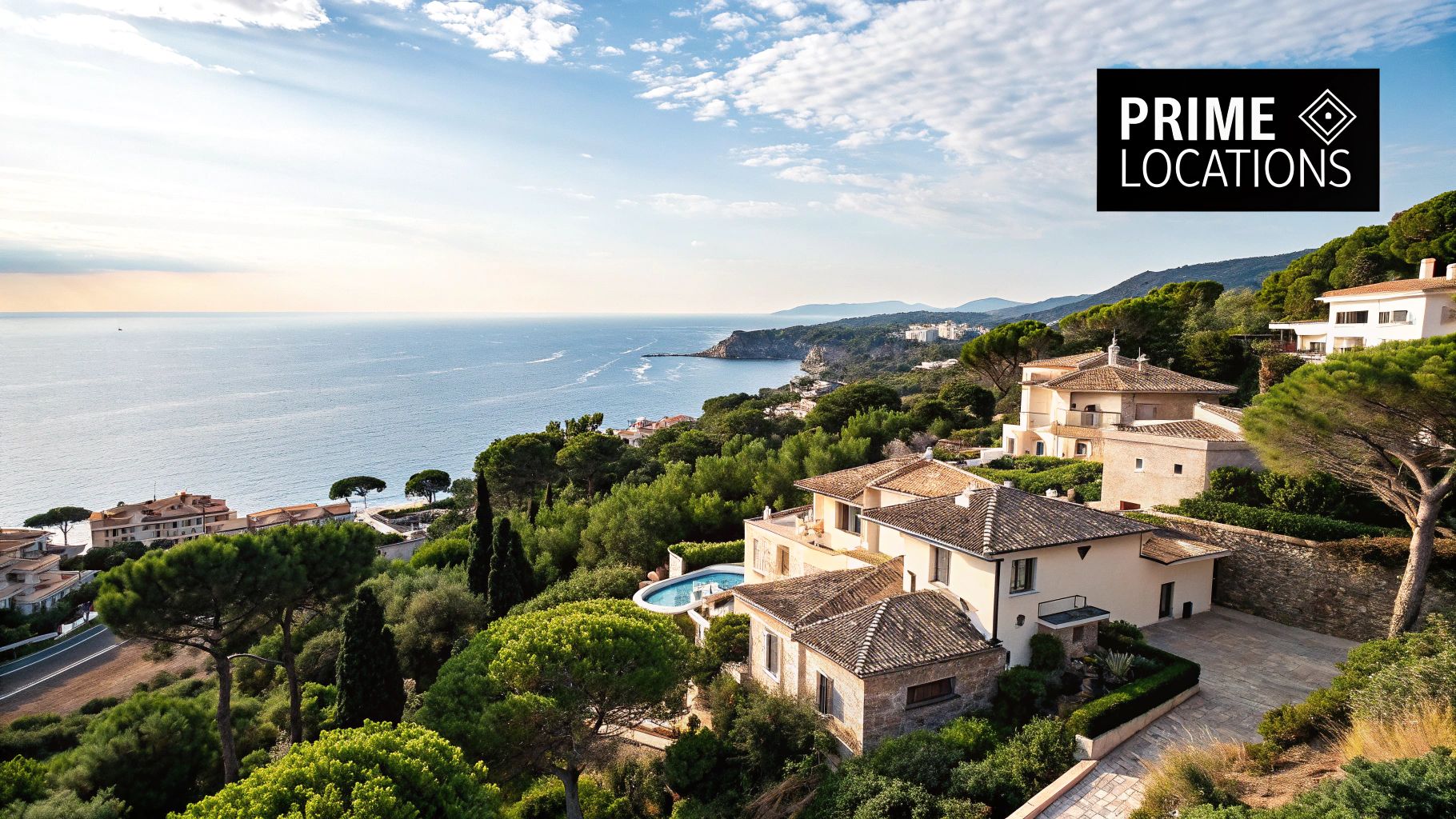
Choosing where to buy luxury homes for sale in Spain is not simply about selecting a property; it is about choosing a lifestyle. Each of Spain’s renowned regions offers a distinct flavour, from the sun-drenched glamour of the coast to the quiet elegance of the countryside. This is far more than a transaction—it is an investment in your desired way of life.
To identify the right fit, it is essential to understand the unique characteristics of each hotspot. We will explore the most sought-after destinations, examining their unique appeal, the types of properties available, and the lifestyle they promise. Our journey will take us through the classic prestige of the Costa del Sol, the bohemian chic of the Balearics, and the rich cultural tapestry of Catalonia.
You are entering an exceptionally strong market. In 2025, Europe’s luxury residential sector—with Spain as a star player—is projected to be worth around USD 131.46 billion. That figure is expected to climb to USD 159.94 billion by 2030, showing a solid compound annual growth rate of approximately 4%. This is fuelled by favourable economic conditions and Europe’s magnetic pull for high-net-worth individuals, with British buyers being especially active thanks to the climate, lifestyle, and convenient travel links.
To help you compare these incredible locations at a glance, we have compiled a summary table.
Comparative Overview of Spain’s Top Luxury Regions
| Region | Primary Appeal | Typical Property Style | Average Price Point (High-End) |
|---|---|---|---|
| Marbella & Costa del Sol | Glamour, world-class amenities, social scene | Modern villas, frontline golf estates, luxury penthouses | €2M – €20M+ |
| The Balearic Islands | Privacy, natural beauty, bohemian-chic lifestyle | Restored fincas, secluded modern villas, waterfront homes | €1.5M – €15M+ |
| Barcelona & Costa Brava | Culture, city life, rugged coastline | Chic city penthouses, clifftop villas, historic masias | €1M – €10M+ |
This table provides a quick snapshot, but the true distinction lies in the details of each region. Let’s dive deeper.
Marbella and The Costa del Sol: The Epitome of Glamour
When one thinks of European luxury living, the Costa del Sol—and specifically Marbella—is the gold standard. For decades, it has catered to an elite international clientele, perfectly blending Andalusian charm with sheer opulence. This is where you will find some of the most exclusive luxury homes for sale in Spain.
The region is defined by its world-class facilities, including championship golf courses, exclusive beach clubs, and the glittering superyachts of Puerto Banús. The lifestyle here is polished, vibrant, and effortlessly chic.
The properties are equally impressive. You will find sprawling frontline golf villas in areas like Nueva Andalucía and breathtaking contemporary mansions in La Zagaleta, one of Europe’s most private and secure residential estates. For those seeking a lock-up-and-leave option, the modern apartments and penthouses with sweeping sea views along the Golden Mile are hard to surpass.
The Balearic Islands: Exclusive Island Retreats
The Balearic Islands—Mallorca, Ibiza, and Menorca—offer a different kind of luxury. Here, the emphasis is on privacy, stunning natural beauty, and a more laid-back, bohemian ethos.
- Mallorca: The largest island, it offers a stunning combination of rugged mountains and pristine coastlines. It’s famous for its historic fincas (country estates) that have been beautifully restored with all modern comforts, alongside high-end villas in exclusive areas like Deià and Andratx.
- Ibiza: While renowned for its legendary nightlife, Ibiza also possesses a deeply serene and spiritual side. Luxury here often translates to a secluded modern villa with incredible sea views in a location like Es Cubells, or a stylish home near the charming town of Santa Eulalia.
- Menorca: As a UNESCO Biosphere Reserve, Menorca is the most tranquil of the islands. It attracts buyers who value sustainability, unspoiled nature, and understated elegance above all else.
These islands are for those seeking a true sanctuary—a place to disconnect from the world without sacrificing an ounce of sophistication.
Barcelona and The Costa Brava: Culture Meets Coastline
For buyers who desire it all—vibrant city life and a wild, beautiful coastline—Catalonia is the perfect match. Barcelona is a global hub of architectural wonders, Michelin-starred restaurants, and world-class culture. Luxury penthouses in the Eixample district or waterfront apartments in Diagonal Mar are perpetually in high demand.
Just a short drive north of the city lies the Costa Brava, or “wild coast.” This spectacular shoreline is famous for its dramatic cliffs, hidden coves, and enchanting medieval towns. Here, luxury properties often take the form of cliff-top villas with jaw-dropping Mediterranean views or beautifully renovated stone farmhouses (masias) further inland. This region appeals to those who value both high culture and raw nature, offering a lifestyle that is as intellectually stimulating as it is beautiful. You can explore some of the stunning properties available in our gallery.
How to Navigate the Property Purchase Process
Acquiring a high-end property in Spain is not an arcane practice; it is a well-trodden path. For international buyers, however, understanding the key milestones is what separates a smooth, rewarding experience from a stressful one. With the right professional team, the entire journey can feel surprisingly straightforward.
The process of securing one of the many incredible luxury homes for sale in Spain begins long before an offer is made. It starts with assembling your team. Your two most critical allies will be an independent lawyer (abogado) who specialises in Spanish property law, and a seasoned real estate agent who truly understands the local luxury market.
An expert agent provides access to exclusive, off-market properties and offers invaluable local insight. Your lawyer, conversely, acts as your legal guardian, conducting all essential checks to ensure the purchase is transparent, secure, and fully compliant with Spanish law. They are the foundation of a successful acquisition.
Assembling Your Professional Team
Your choice of lawyer is absolutely critical. They must be 100% independent from the seller and the estate agent to eliminate any potential conflict of interest. Their role extends beyond paperwork; it involves performing deep-dive due diligence on your behalf.
Likewise, an experienced agent from a firm like EuropeanProperty.com brings more to the table than just a portfolio of properties. They offer nuanced advice on pricing, prime locations, and long-term investment value, acting as your strategic partner to find the perfect asset.
“The biggest mistake an international buyer can make is underestimating the importance of their own independent legal counsel,” notes Nick Marr, founder of EuropeanProperty.com. “A good abogado is your shield, verifying every detail from planning permissions to ownership titles. It’s a non-negotiable part of the process.”
The image below provides a simple framework for identifying your ideal property, moving from broad concepts to the specific features that align with your lifestyle.
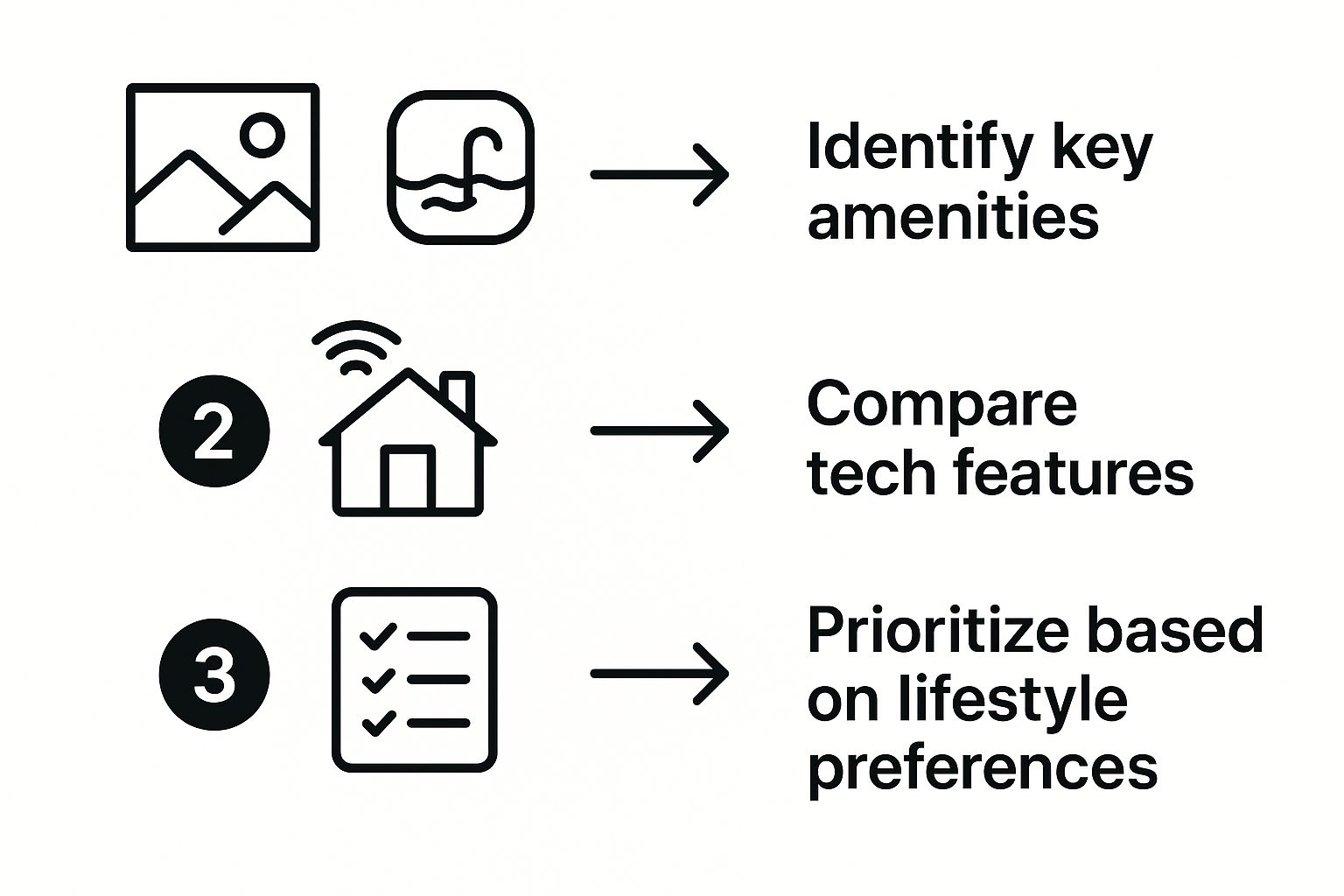
As you can see, the process involves layering practical needs with technological desires and personal lifestyle goals to pinpoint the property that is truly right for you.
The Key Steps in the Buying Journey
Once your A-team is in place, the buying process follows a clear and logical sequence. Each step is designed to protect both you and the seller.
- Obtain Your NIE Number: This is your Número de Identificación de Extranjero (Foreigner’s Identification Number). It is legally required to purchase property or conduct any significant financial transaction in Spain. Your lawyer can typically handle this on your behalf.
- Conduct Comprehensive Due Diligence: This is where your lawyer truly demonstrates their value. They will conduct exhaustive checks to ensure the property is free from debts, possesses all correct building licences, and that the seller is the legitimate owner. This vital step prevents future complications.
- Sign the Private Purchase Contract (Contrato de Arras): Once due diligence is successfully completed and you are ready to proceed, you will sign this contract with the seller. At this stage, you will typically pay a deposit, usually 10% of the purchase price. The contract is legally binding, removes the property from the market, and outlines all terms and a final completion date.
- Complete at the Notary (Notario): The final stage involves signing the public deed of sale, the Escritura de Compraventa, before a public notary. The notario is an impartial public official who verifies the transaction’s legality and witnesses the signing. At this point, you pay the remaining balance, and the keys are officially yours.
- Register the Property and Pay Taxes: After completion, your lawyer will manage the final administrative tasks. They will ensure all necessary taxes are paid and register the property in your name at the official Land Registry (Registro de la Propiedad). This is the final step that formally confirms your legal ownership.
Following this process methodically ensures that your investment in one of Spain’s stunning luxury homes for sale is not just exciting, but fundamentally secure.
Understanding the Financial and Legal Commitments
So, you have found your dream villa on the Spanish coast. Before you get lost in visions of tapas on the terrace, it is crucial to gain a firm grasp of the complete financial picture. Acquiring a luxury property in Spain extends well beyond the asking price, and understanding the full costs from day one is the key to a smooth and successful purchase.
When you are considering one of the many exquisite luxury homes for sale in Spain, there are several one-off taxes and fees associated with the transaction. These are not minor details; they must be factored into your budget from the outset to avoid any unwelcome surprises.
Clarifying these figures transforms a complex process into a manageable one, providing the confidence to move forward with your investment.
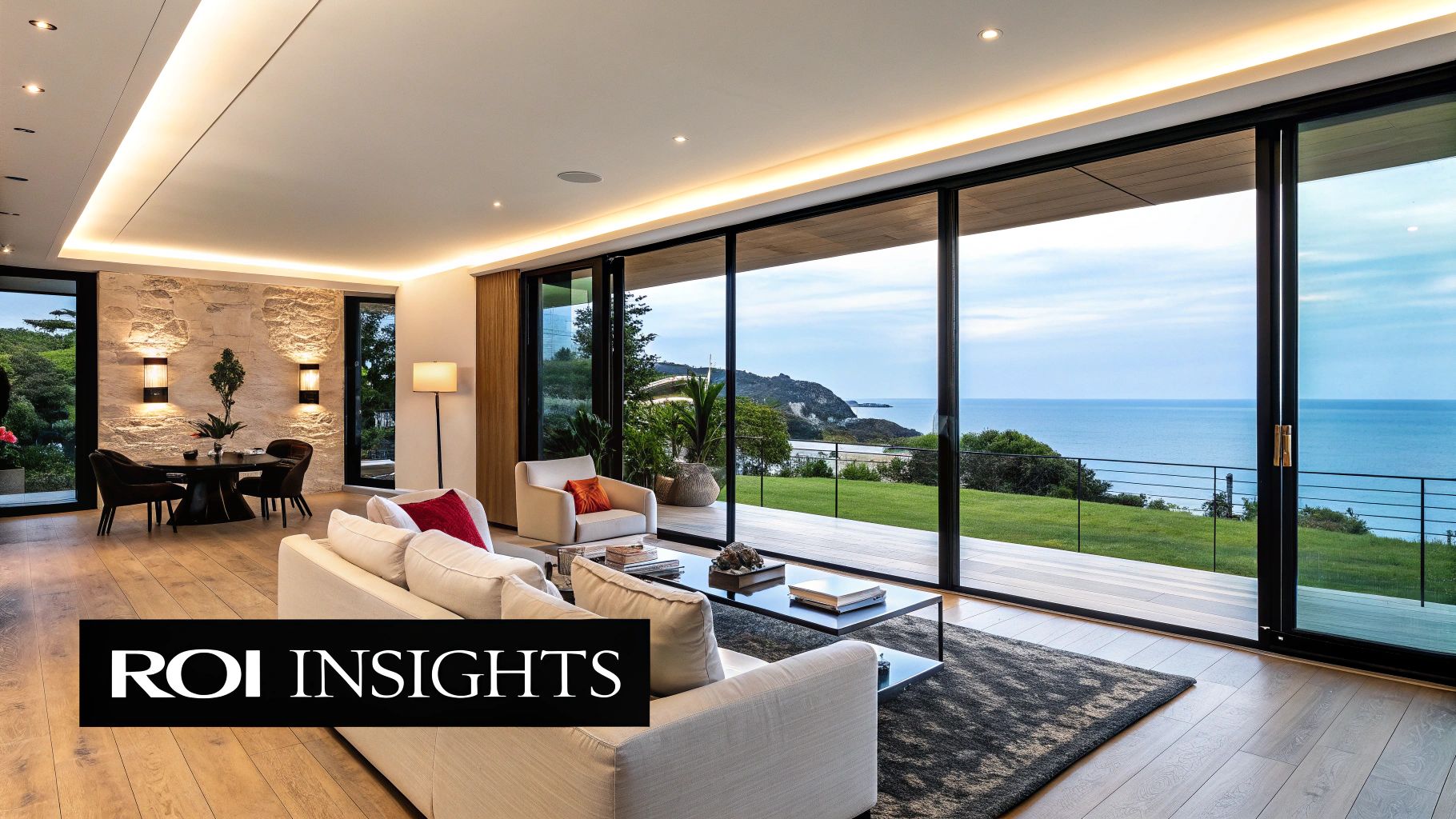
Key Purchase Costs and Taxes
When you acquire a high-end property, you will face a handful of one-off costs at the point of completion. These vary depending on whether you are buying a resale property or a brand-new home from a developer.
- Property Transfer Tax (ITP): This is the primary tax for resale properties. The rate varies by region but generally falls between 7% and 10% of the purchase price declared in the public deed of sale, or Escritura.
- VAT (IVA) and Stamp Duty (AJD): If you are purchasing a new-build home directly from a developer, you will pay VAT (10%) instead of ITP. In addition, you will also pay Stamp Duty (Actos Jurídicos Documentados), which is typically between 1% and 1.5%.
Beyond these principal taxes, you will also need to budget for a few standard professional fees:
- Notary Fees: The notario is a public official who witnesses the sale and prepares the deed. Their fees are regulated and typically range between 0.5% and 1% of the property price.
- Land Registry Fees: To officially register your ownership, the Land Registry (Registro de la Propiedad) charges a fee, which is usually slightly less than the notary’s fee.
- Legal Fees: We cannot overstate the importance of hiring an independent lawyer. Their role is to perform all necessary due diligence and guide you through the transaction. Expect to pay approximately 1% of the purchase price for their services.
Spain’s Golden Visa Programme for Non-EU Investors
For buyers from outside the EU, purchasing luxury homes for sale in Spain offers an exceptional benefit: a direct pathway to European residency through the Spanish Golden Visa programme. This scheme has been a significant magnet for international investors in the luxury market.
The programme grants residency permits to investors (and their families) who make a qualifying investment in the country, with real estate being the most popular route.
To qualify, you must make a minimum property investment of €500,000, completely free of any mortgage or loan. In return, you gain the right to live, work, and study in Spain, plus the freedom to travel across the Schengen Area.
It is an especially compelling proposition for those seeking more than just a magnificent second home—it offers greater global mobility and a solid foothold within the EU. You can see examples of properties that meet this threshold in our dedicated property gallery.
Ongoing Ownership Costs and Considerations
Your financial commitments do not end upon receiving the keys. A prudent investor always budgets for the annual running costs associated with property ownership in Spain.
Here are the main ongoing expenses to plan for:
- Annual Property Tax (IBI): The Impuesto sobre Bienes Inmuebles is a local council tax based on your property’s rateable value (valor catastral). It varies by municipality but is a non-negotiable annual bill for every homeowner.
- Wealth Tax (Patrimonio): Spain has a wealth tax that can apply to both residents and non-residents, depending on the value of your assets. The rules and rates vary by region, so obtaining expert tax advice is absolutely essential to determine your potential liability.
- Community Fees: If your property is located within a managed development or urbanización, you will pay community fees to cover the upkeep of shared spaces such as gardens, swimming pools, and security.
It is also interesting to observe how trends in other major markets, like the UK, can influence Spain. The UK’s luxury property market, valued at approximately USD 587.23 billion in 2025, is growing at an annual rate of 5.13%. This growth is partly fuelled by a projected influx of 135,000 high-net-worth individuals by 2030, many of whom will look to diversify their assets with properties in sunny destinations like Spain. You can dive deeper into these UK market dynamics at Mordor Intelligence.
Future-Proofing Your Investment with Market Trends

Acquiring a high-end property in Spain is not just about present enjoyment; it is a forward-thinking investment. The luxury market is in a constant state of evolution, shaped by buyer preferences and global lifestyle shifts. Understanding these trends is key to selecting a home that you will love today and that will retain its value for years to come.
A savvy investor knows to look beyond obvious metrics like location and square footage. They seek properties that are already one step ahead. The most sought-after luxury homes for sale in Spain are now defined by their integrated services, wellness features, and smart technology.
Aligning your purchase with these powerful market currents is how you position your investment for long-term growth and enduring appeal.
The Rise of Branded Residences and Hotel-Level Service
One of the most significant trends at the apex of the market is the boom in branded residences. These are premium properties associated with prestigious hotel or luxury brands. Residents enjoy the same five-star service and amenities expected from a world-class resort, all within the comfort of their own home.
This concept is a major draw for international buyers who prize convenience and flawless service above all else.
- Turnkey Living: It offers effortless ownership. You benefit from a 24/7 concierge, housekeeping, private chefs, and top-tier security without lifting a finger.
- Investment Security: A name like Four Seasons or Mandarin Oriental attached to a property adds a layer of quality assurance. It often enhances its value and makes it more attractive for rentals.
- Exclusive Amenities: Private spas, fine-dining restaurants, and curated social events are no longer external luxuries—they become part of your home environment.
This trend is completely reshaping new developments along the Costa del Sol and in the Balearics, setting a new benchmark for what wealthy buyers expect from luxury homes for sale in Spain. You can see how this integrated lifestyle influences the very design of modern luxury developments.
Wellness and Sustainability as the New Luxury
The definition of a “luxury” home has broadened. It now encompasses personal well-being and environmental responsibility. Today’s discerning buyers are not just looking for a beautiful house; they want a sanctuary that supports a healthy lifestyle while minimising its ecological footprint.
“True luxury is no longer just about aesthetics; it’s about how a property makes you feel,” observes Nick Marr, founder of EuropeanProperty.com. “Buyers want homes that are restorative—spaces with clean air, natural light, and features that support a healthy mind and body. This is the new frontier of premium real estate.”
Developers are responding by integrating features that were once niche extras but are now becoming essential:
- Home Spas and Fitness: It is increasingly common to find private wellness suites with saunas, steam rooms, yoga studios, and professional-grade gymnasiums.
- Eco-Friendly Design: Buyers place a high value on sustainable materials, energy-efficient systems, and smart water management, reflecting a commitment to responsible living.
- Seamless Smart Home Integration: Technology is leveraged to simplify life, from automated climate and lighting control to advanced security systems, all managed from a smartphone.
This focus on wellness is a global movement, with UK buyers playing a major role. Even with a flatter domestic market, global luxury home prices jumped by 65% between late 2019 and 2023. A significant portion of this was driven by affluent Britons pursuing sunnier, wellness-focused lifestyles in locations like Spain. These buyers are particularly drawn to branded residences and homes with strong wellness credentials, which aligns perfectly with the direction of the Spanish market.
Frequently Asked Questions About Buying in Spain
Acquiring a high-end property in another country invariably raises questions. To provide the clarity and confidence you need, we have compiled straightforward answers to the queries we hear most frequently from international buyers.
We have addressed the major concerns—from mortgages and residency to the key legal figures you will encounter. Consider this your quick-start guide to demystifying the process, helping you move forward in your search for one of Spain’s superb luxury homes for sale in Spain.
Can a Non-Resident Get a Mortgage in Spain for a Luxury Property?
Yes, absolutely. Spanish banks are well-accustomed to working with international buyers and offer specific mortgage products tailored to non-residents.
However, the terms you will be offered as a non-resident differ slightly. Typically, you can expect a loan-to-value (LTV) ratio of around 60-70% of the property’s valuation. This means you will need a larger deposit of 30-40%, plus an additional 10-15% set aside to cover taxes and fees. The bank will, of course, conduct a thorough affordability assessment, requiring proof of income, assets, and a clear credit history from your home country.
To make this process as smooth as possible, we strongly recommend engaging a specialist mortgage broker with experience serving high-net-worth international clients. They possess the right contacts within the banks and understand how to navigate the system to secure the best possible terms.
Initiating your mortgage application early is also a smart strategy. It provides a clear understanding of your budget before you begin your search and allows you to act swiftly and decisively when you find the perfect property.
What Are the Implications of Brexit for UK Buyers?
Since Brexit, UK citizens are now considered non-EU nationals when buying property in Spain. This has introduced a few changes, primarily concerning the duration of stay, but it has certainly not deterred Britons from acquiring their dream homes here.
Here are the key points to understand:
- Property Rights: Your right to buy and own property in Spain is completely unaffected. Brexit has had zero impact on property ownership laws for UK nationals.
- Schengen Area Rules: As a UK citizen, you can now enjoy your Spanish property for up to 90 days within any 180-day period without a visa. For many holiday homeowners, this is ample time.
- Longer Stays & Residency: If you plan on staying for longer periods, you will need a visa. The Spanish Golden Visa is an excellent and popular route for buyers investing €500,000 or more into property. Alternatively, the Non-Lucrative Visa is a great option if you can demonstrate the financial means to support yourself without working in Spain.
While there is slightly more administration involved now, owning one of the many luxury homes for sale in Spain remains entirely achievable for UK buyers. The crucial first step is to obtain professional advice on the visa route that best suits your long-term plans.
What Is the Role of the Notary in a Spanish Property Transaction?
This is a critical distinction, as the role of a Notario (Notary) in Spain is very different—and far more significant—than in countries like the UK. The Notary is not merely a witness; they are a highly qualified legal professional and a public official appointed by the government. Their primary function is to guarantee the legality and transparency of the transaction for all parties involved.
Crucially, the Notary is impartial. They do not work for the buyer or the seller; they work for the integrity of the Spanish legal system.
Here is what they do during the sale:
- Verify Identities: They confirm the identities of the buyer and seller, checking all official documentation.
- Confirm Ownership & Debts: They check the Land Registry (Registro de la Propiedad) to ensure the seller is the legal owner and, crucially, that the property is free from any undisclosed debts or charges.
- Ensure Compliance: The Notary confirms that all legal procedures have been followed and that the correct taxes have been paid or accounted for.
- Witness the Deed: They oversee the signing of the final public deed of sale (Escritura de Compraventa), often reading it aloud to ensure both parties fully understand the document they are signing.
Once the deed is signed before the Notary, it becomes a public document, affording your purchase the highest level of legal security. Their involvement is a mandatory and essential part of the Spanish property system, designed to protect all parties.
At EuropeanProperty.com, we connect discerning buyers with Europe’s most exceptional properties and the professional guidance needed to acquire them. Begin your search for luxury homes for sale in Spain with a platform built on expertise and trust.
Ready to find your dream property in Spain?
👉 Explore our exclusive listings of luxury homes for sale in Spain today
About EuropeanProperty.com
EuropeanProperty.com is Europe’s longest-running luxury real estate platform, online since 1999. It connects luxury real estate agents, developers, and homeowners with high-net-worth buyers and international investors.
Looking for expert mortgage guidance? Get luxury property mortgage advice here:
👉 https://europeanproperty.com/luxury-overseas-mortgages/
Explore more overseas homes for sale at our global partner site:
👉 https://homesgofast.com/overseas-property/

